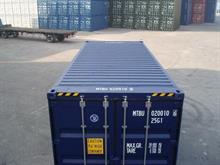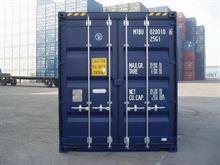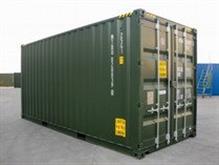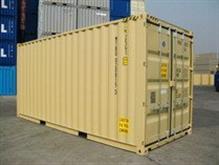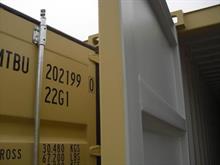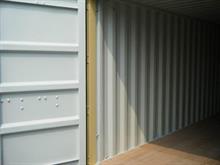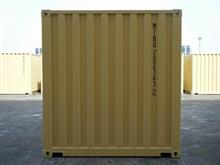This website is part of www.shippingcontainersweb.com
SHIPPING CONTAINER LEASING
UK AND WORLDWIDE

Part of Fabrication and Site Services UK based in the United Kingdom this website is to assist
you our clients in acquiring containers and learning about shipping container leasing. Our
portfolio is extensive and can be viewed here at www.shippingcontainersweb.com.
Shipping Container Leasing What This Actually Means To You
Container leasing involves entering into a working agreement with a container supplier. The supplier agrees
to deliver a minimum number of containers to the client, with the understanding that the containers will be
used for a specified time and at a rate documented within the terms of the lease agreement.
Both the supplier and the customer will also agree to other terms and conditions required by applicable
laws, and any other negotiations made between the two entities.
One of the main benefits to container leasing is the flexibility that is often built into the lease agreement.
Often, the supplier and client agree upon a minimum number of containers to be in the possession of the
client for the duration of the lease. However, additional containers can be requested and delivered for use
when and as the customer needs them.
It is not unusual for discount leasing fees to be applied to those extra containers. As a result, the customer
only keeps what is needed on hand, but has immediate access to additional containers with only minimal
expense involved.
Taxation benefits play a significant role in leasing and financial advisors would clarify the position of those
benefits.
Companies also find that a container leasing arrangement helps to eliminate the need for upkeep on the
containers themselves. While customers are expected to take reasonable care of the containers, most
container leasing companies realize that normal use takes place.
Customers can turn in older containers for newer ones from time to time, often without any changes to the
terms of the leasing agreement. Sell offs from leasing companies is a great source of second hand
containers.
It is not unusual for a container lease to provide customers access to more than one type of container for
shipping purposes, we supply every type available ex-factory one trip containers
Check out the following www.fabandsitecontainersales.com for some great photographs. A given contract
may establish the ability of the client to enjoy tank container leasing privileges along with the standard
storage container lease that is common for units constructed for use with dry stuffs. This arrangement
tends to work well for companies that import and export goods from various continents, or that sell both
solid and liquid goods.
Providers sometimes include provisions in their container leasing agreements that make it possible for
customers to receive discounted pricing should they choose to purchase a minimum number of units. This
provision is helpful for companies going through an expansion that makes it more feasible for the business
to own and operate their own transportation network rather than use sub contract.
Often, the cost per unit is significantly less than purchasing containers from a new supplier.
Because there are advantages to container leasing as well as container ownership, companies may
require some assistance in determining which option is in the best interests of the company.
A reputable container sales and leasing company such as www.fabandsitecontainersales.com can help
business owners evaluate their needs and decide if purchasing containers would be a better approach than
container leasing.
Container repair services such as www.containerrepairs.co.uk and www.fabandsitecontainerrepairs.com
offer professional and value for money repair services, so maintenance is never an issue.



